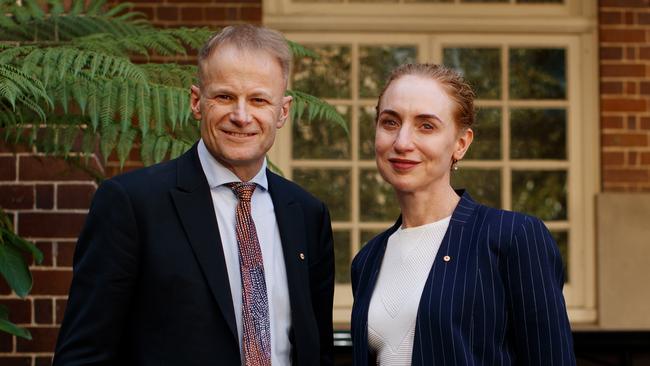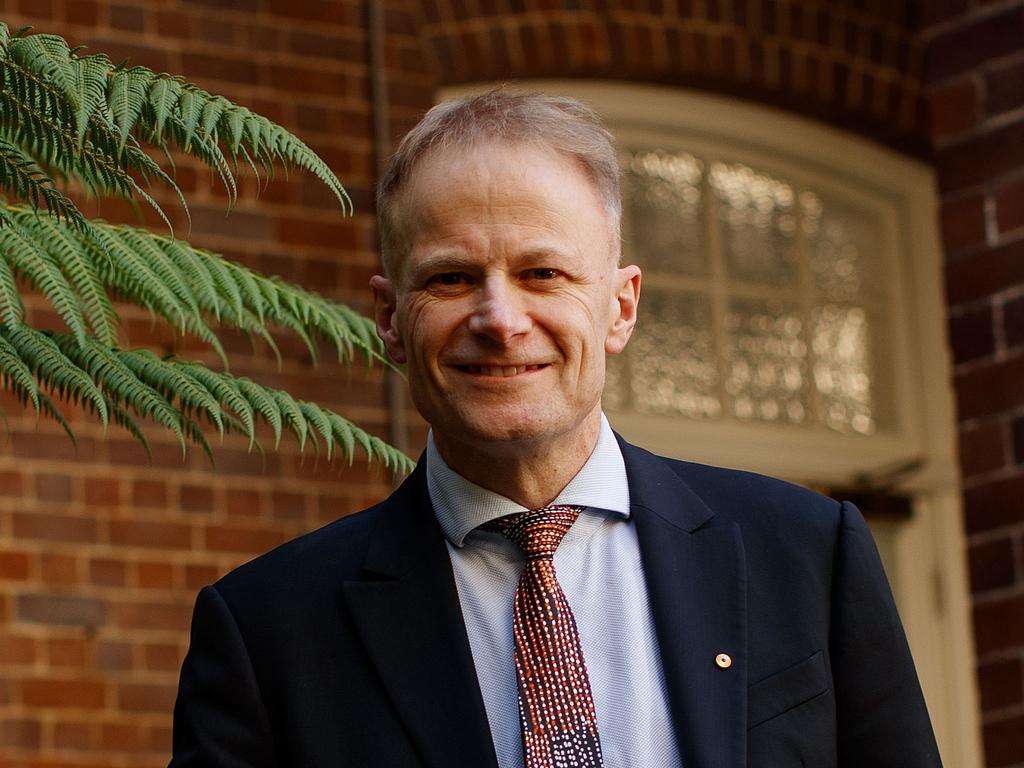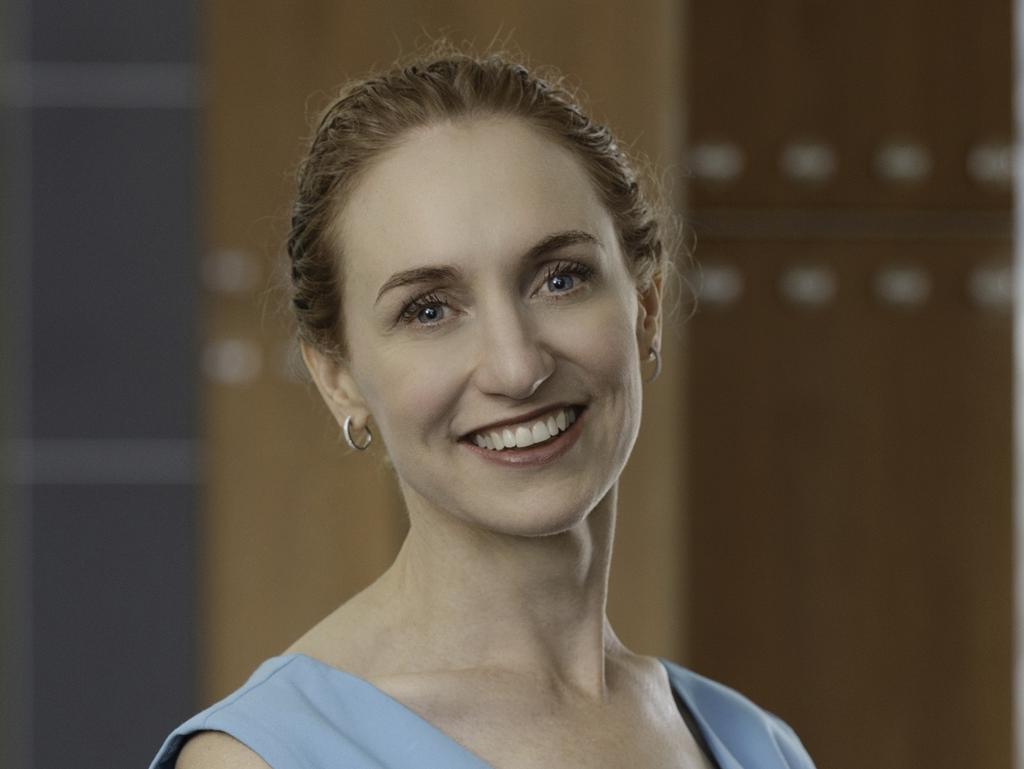Brave colleagues put science first after a devastating diagnosis
Professors Richard Scolyer and Georgina Long have worked together to advance the cause of brain cancer treatment – with Professor Scolyer as a human guinea pig.

When Richard Scolyer was given the devastating diagnosis of brain cancer six months ago, he realised immediately that he was in a unique position to change the face of medicine.
A pioneer of melanoma immunotherapy treatment with his colleague Georgina Long, Professor Scolyer offered himself as a human guinea pig, to test whether the same principles that had turned advanced skin cancer from a death sentence to a survivable condition could apply to brain cancer.
For decades, the two professors had worked side-by-side as the nation’s pioneers of melanoma research and treatment as co-medical directors of the University of Sydney’s Melanoma Institute.
They took the years of research into an immunotherapy approach to melanoma into the clinic, saving the lives of thousands of patients.
Immunotherapy activates a patient’s own immune system, allowing the patient to fight the cancer.
It is now standard treatment in advanced melanoma.
Professor Scolyer was diagnosed with incurable grade 4 brain cancer in June 2023. Immediately, Professor Long leapt into action, developing a series of world-first treatments based on the pair’s melanoma breakthroughs, convinced that if their immunotherapy approach worked for melanoma, it had a good chance of working for brain cancer too.
Professor Scolyer, a pathologist, became “patient zero” – the first person in the world to receive a brain cancer vaccine.
He was administered with the vaccine as a primary therapy ahead of surgery. The vaccine was an experimental personalised brain cancer vaccine, specific to his tumour’s DNA and RNA.
Currently, glioblastoma patients like Professor Scolyer generally have a prognosis of living only six to nine months after diagnosis. Standard treatment and survival rates have not changed in 20 years.
Professor Scolyer knows there is no guarantees, in fact his personal Facebook page is entitled “My Uncertain Path”.
It’s also clear that his actions are aimed not just at saving his own life, but at advancing the cause of science.
“I may survive, and beat the unbeatable, and in doing so, we will massively impact the whole brain cancer field,” he told the National Press Club late last year.
Despite the uncertainty, there is reason for hope. Professor Long has described the early scientific results of her colleague’s treatment as “nothing short of phenomenal”.
Twelve days after receiving the combination therapy, there had been a 10-fold reduction in the immune cells within his brain tumour, evidence that immune cells were activated against an enemy, and immune cells had bound to the drug, proving that there was no “blood-brain barrier” preventing the drugs from reaching the tumour as previously conceptualised.
“We couldn’t have hoped for better results,” Professor Long said.
Fuelled by their desperate wish to save a life of one of the nation’s foremost scientists, in the risks they are taking, both professors have ultimately placed their desire to advance the cause of science ahead of all else – making them worthy recipients of The Australian’s Australian of the Year.
We encourage our readers to put in a nomination for The Australian’s Australian of the Year, which was first won in 1971 by economist HC “Nugget” Coombs. Prominent Australians can be nominated by filling out the form above, or sending an email to aaoty@theaustralian.com.au. Nominations close on Friday, January 19.






To join the conversation, please log in. Don't have an account? Register
Join the conversation, you are commenting as Logout